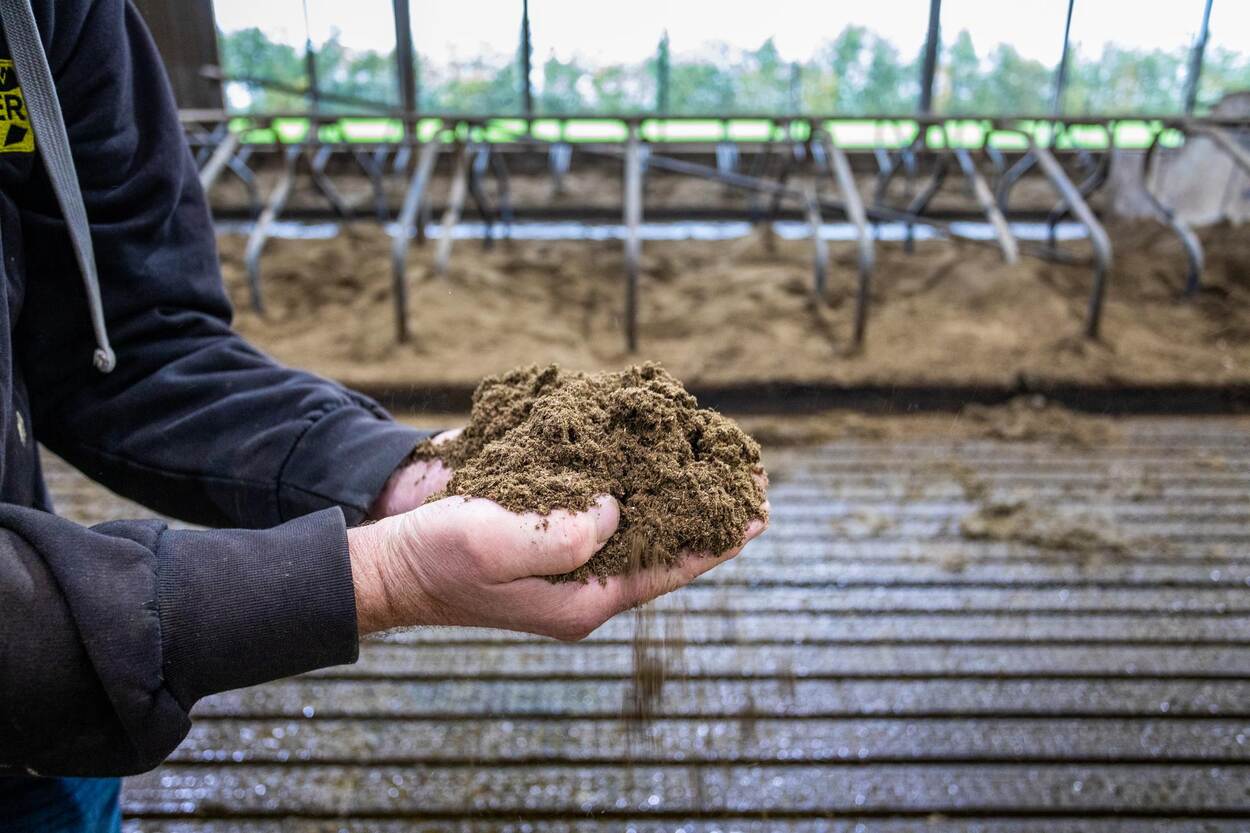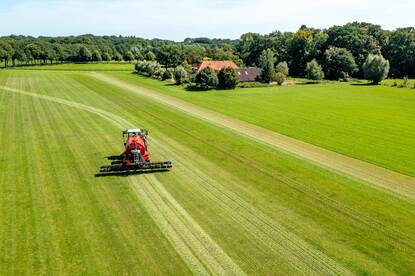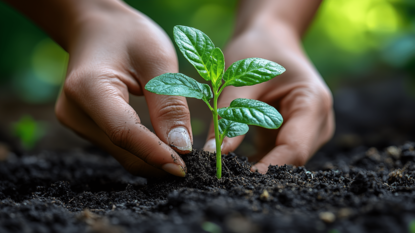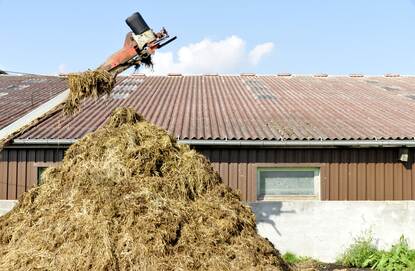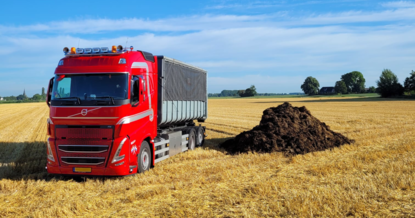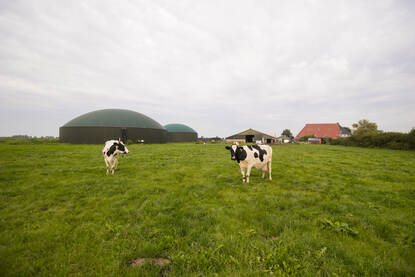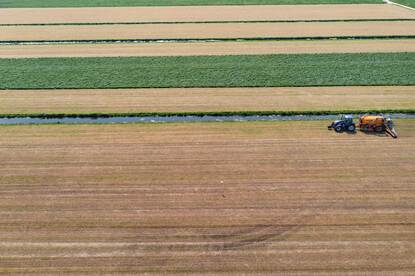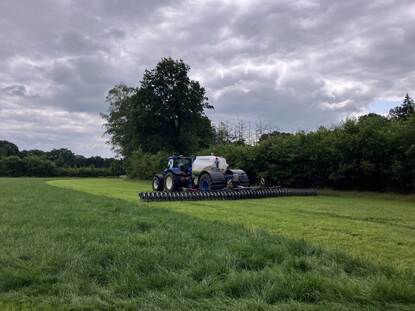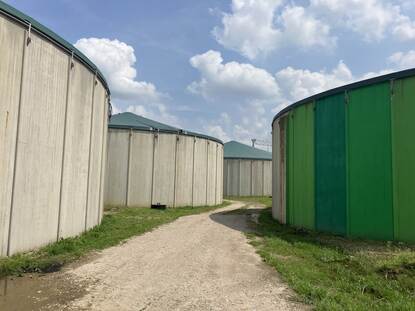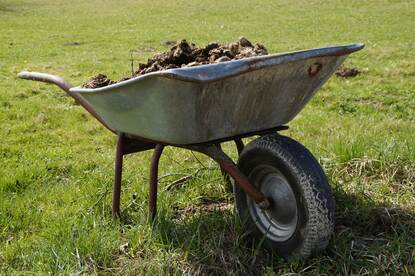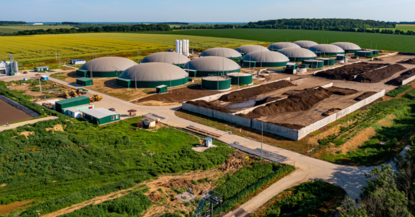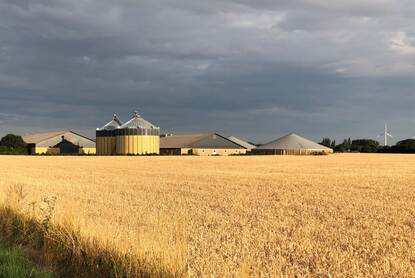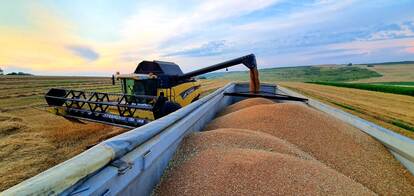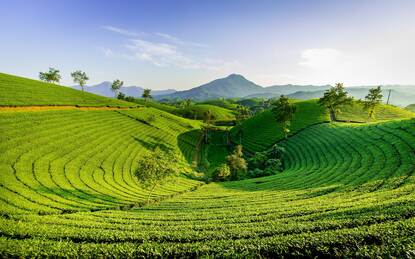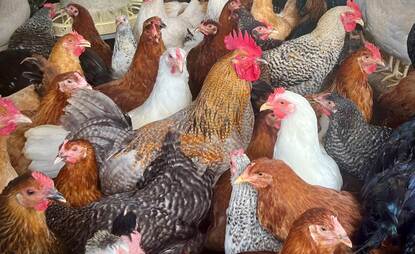Foto Mediatheek Rijksoverheid
Tamara van Riet is the coordinator of the Veterinary Market Access team at the Dutch Ministry of Agriculture, Fisheries, Food Security, and Nature (LVVN). Her team plays a crucial role in the export of animals and animal products, such as unprocessed manure or fertilizer pellets, to countries outside the European Union (EU). In this interview, she explains how the market access process works, the challenges involved, and the roles of both the government and the business sector.
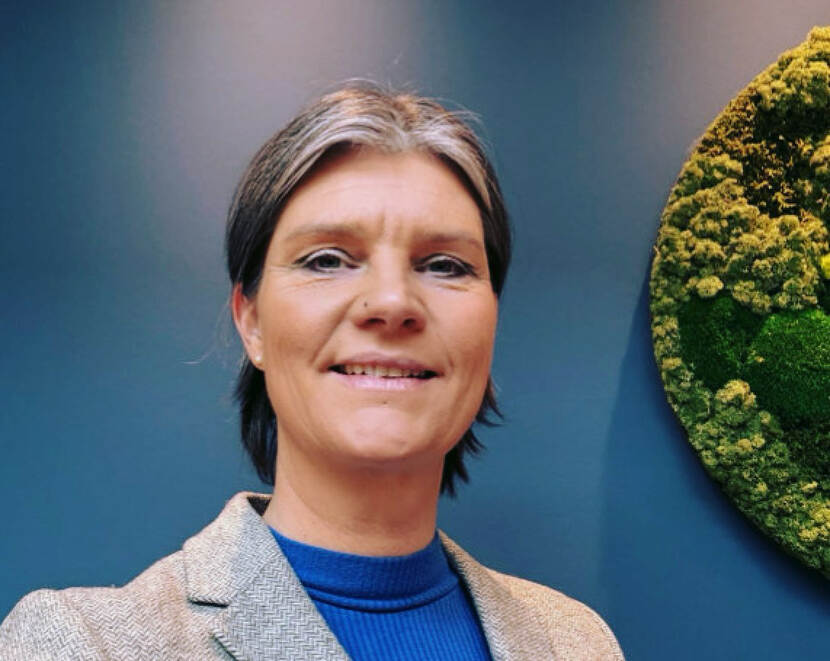
What is the primary task of the Veterinary Market Access team?
‘We, on behalf of the (deputy) Chief Veterinary Officer, are responsible for market access of animals and animal products to third countries—meaning countries outside the EU. Our work is based on international trade agreements, such as the SPS Agreement (Sanitary and Phytosanitary Measures) within the World Trade Organization (WTO). This agreement allows countries to set import conditions to prevent animal diseases and unsafe food. Our team ensures that the Netherlands meets these requirements, enabling trade to take place safely and responsibly.’
‘The World Organization for Animal Health (WOAH) plays an important role in setting international veterinary standards. WTO member countries are encouraged to base their veterinary regulations on the guidelines from WOAH. This helps facilitate trade and ensures that veterinary measures do not unnecessarily become trade barriers.’
How does the market access process work?
‘The basis for market access is trust. Third countries must be able to depend on the reliability of our certification and inspection systems. Therefore, we work closely with the NVWA (Netherlands Food and Consumer Product Safety Authority), sector representatives such as COV, ZuivelNL, Nepluvi, Visfederatie and in case of manure Cumela, and with the diplomatic network, such as the Netherlands Agricultural Network (LAN). Sometimes, we need to go through lengthy negotiation processes to build mutual understanding and acceptance. This can involve anything from exchanging technical documentation to inspection visits to the Netherlands by foreign authorities.’
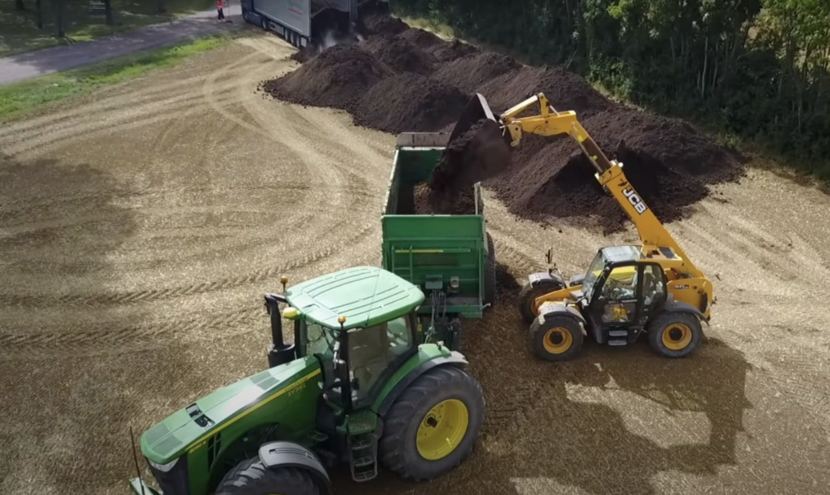
What is the role of LAN in market access?
‘The LAN, located at 62 Dutch embassies worldwide, serves as our extended arm in the countries we trade with. Our team members at LVVN maintain direct contact with these diplomatic representatives, who then liaise with governments and agencies in third countries. Furthermore, the LAN is essential because they understand local customs and expectations. Their role goes beyond market access: they also support businesses and provide information about local markets.’
‘Without demand from the sector, it makes no sense to arrange new market access’
Are there specific challenges in exporting animal products?
‘Yes, indeed. Each country sets its own requirements and interprets veterinary standards differently. Additionally, cultural differences can play a role. What is taken for granted in the Netherlands may be seen as unusual or even concerning in another country. This requires empathy and diplomacy. Moreover, building trust in our inspection systems takes time.’
What about manure exports?
‘Manure is considered an animal product and therefore falls under our responsibility when market access to third countries is desired. However, there seems to be little demand from exporters of processed manure for export markets outside the EU. Most Dutch manure is sold within the EU, where the free movement of goods applies. There are only four third countries with which we have binding certificates: North Macedonia, Bosnia and Herzegovina, Serbia, and Israel. In 2024, a total of 95 certificates were issued for exports to these countries. Additionally, there are some small-scale exports based on request certification, particularly to Vietnam and South Korea.
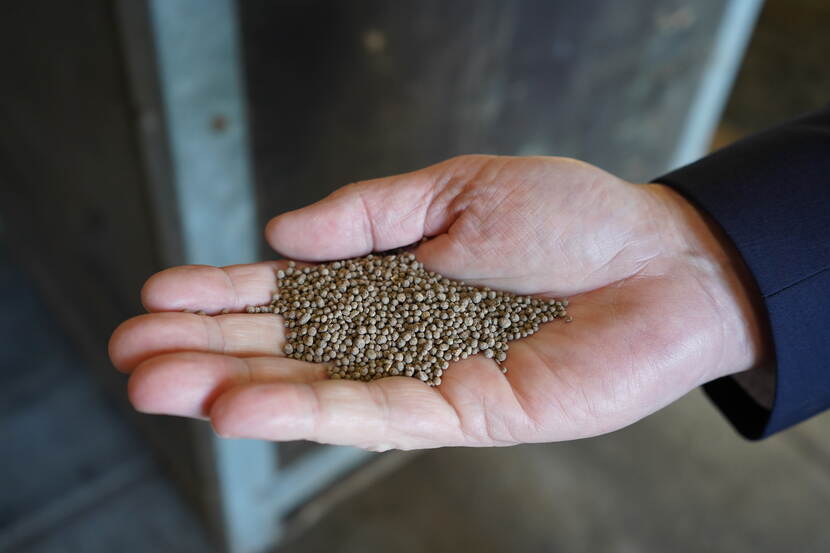
What types of certificates are there?
‘There are two types of certificates: binding certificates and request certificates. Binding certificates are formal agreements between the Netherlands and a third country that outline specific requirements. These certificates must always be used for exports to that country. Request certificates, on the other hand, are more flexible and are requested per shipment by the exporter from the NVWA. This is done based on the import conditions of the country in question, but without fixed agreements between governments.’
Why are there only four countries with binding certificates for manure?
‘The Veterinary Market Access team facilitates trade, but we do not actively promote it. The sector decides which markets they want to enter. This means the sector must also identify market opportunities and find importers. If companies see export opportunities, they can submit a dossier to us through their sector organization. We only begin negotiations and certification procedures with a third country if there is clear export interest for both parties. Businesses must also be active in third countries to generate interest in their products there.’
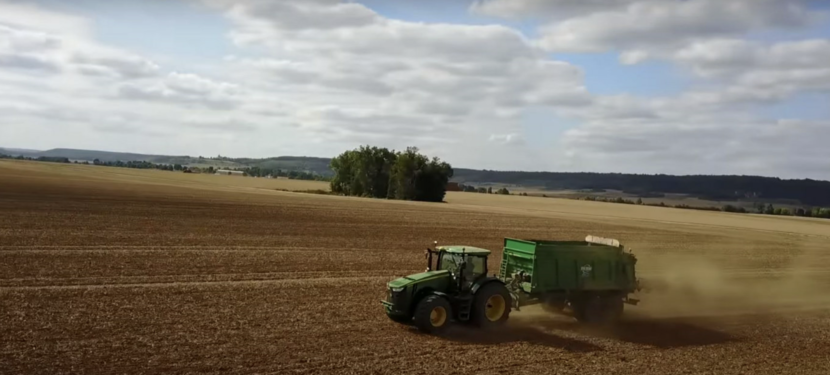
What is a dossier?
‘The term 'dossier' refers to a country-product combination, where the exporter, together with relevant bodies such as the NVWA and trade representatives, prepares documents and certificates to meet the import requirements of a specific country. The dossier is created as part of a formal application process, where the exporter, together with LVVN, makes agreements with the receiving country about the specific requirements the product must meet. This may include conditions such as heating steps or microbiological requirements, being free from certain pathogens, like Salmonella and E. Coli in case of manure.’
What is your main message to the sector?
‘We facilitate, but the business sector must keep creating opportunities. If there is active involvement from the sector, we can potentially open (more) export markets. Therefore, it is crucial for Dutch companies to be well-prepared and aware of the requirements and expectations of third countries. In addition, good cooperation between the government and businesses is essential to ensure successful and safe trade.’
